EDEN: The AI system that learns from a million species to design new treatments
The model allows for the precise and complex modification of cells and molecules to cure diseases
The model allows for the precise and complex modification of cells and molecules to cure diseases
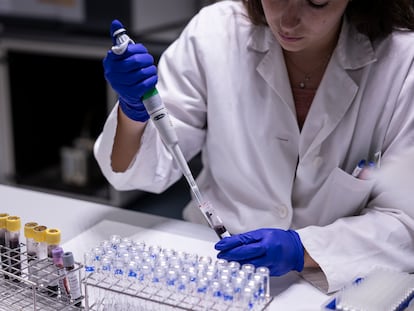
An analysis of more than 36 million articles written by women shows that the gender gap in research is also reflected in specialized journals
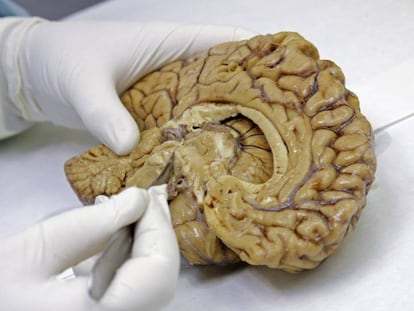
The analysis of nearly 900 participants highlights the importance of the region that transforms thought into movement, helping explain why many patients experience non‑motor symptoms
An analysis of 100,000 special issues of academic journals reveals that one in eight is filled with articles written by the editor, particularly at the publisher MDPI
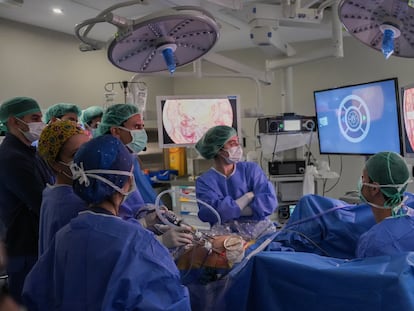
The preventive immunization Nous-209 works in an initial trial with patients who have 17 times the risk of developing tumors compared to the general population

A study conducted in Spain and other European countries refines a method to simplify the early diagnosis of the leading cause of dementia

Sea levels in the bay of the Colombian resort have risen seven millimeters per year for the past two decades, the second-highest rate in the Caribbean after Haiti

Talking about someone behind their back gets a bad rap, but it can also be a force that unites and helps create bonds. What matters is who you share gossip with and how you use it, whether to connect or divide, to understand or to judge

Two studies show how artificial intelligence is more effective than traditional campaigns at persuading the electorate

A NASA study predicts that 96% of the images from the ARRAKIHS mission will be contaminated by the light from the more than 500,000 devices that Starlink and other megaconstellations intend to launch
One of the 15 publications that put out the most studies globally has been expelled from the indexing system for irregularities. Its publisher, Elsevier, has a 38% profit margin that reached $1.5 billion in 2024

A study identifies four key turning points in the development of neural connections throughout life, a finding that may help in understanding alterations in cognition and behavior

The British Antarctic Survey estimates that more than 50,000 individuals are missing from the beaches following the virus’s sudden jump from birds: ‘It’s staggering’

Food shortages are worsening, and although a more cooperative social and scientific vision offers hope, if the crisis is comprehensive and global, the measures to counter it must be as well
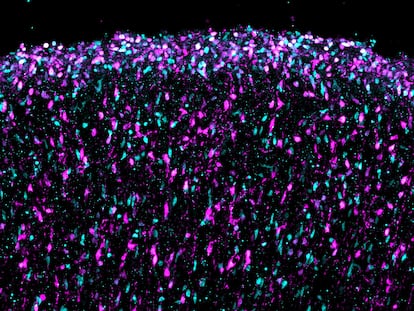
A multibillion-dollar project reveals critical moments during pregnancy, and even after birth, when the risk of neurological development disorders like autism, schizophrenia and attention deficit disorder is highest
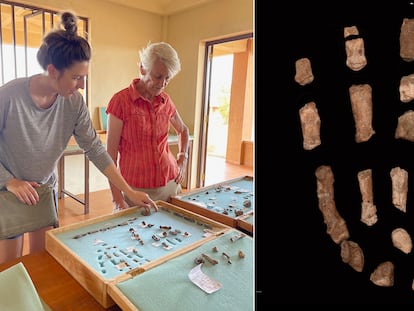
Researchers say the remains of ‘Paranthropus boisei’ reveal that this ancient relative was capable of powerfully manipulating objects and food, climbing trees, and perhaps making tools
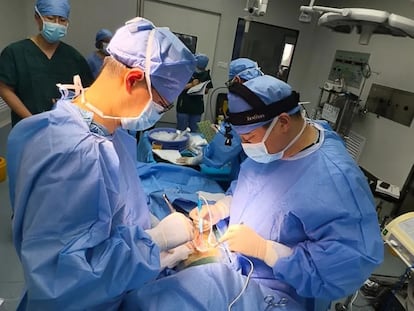
The auxiliary graft functioned well for the first month, but had to be removed due to complications. The 71-year-old patient, who suffered from cirrhosis and liver cancer, died four months later

The research, which followed dozens of siblings for nearly half a century, found that physical activity in midlife showed a modest positive association with verbal fluency, but not with other cognitive functions

This preliminary work opens the door for infertile women and same-sex couples to have children with their own genetic material
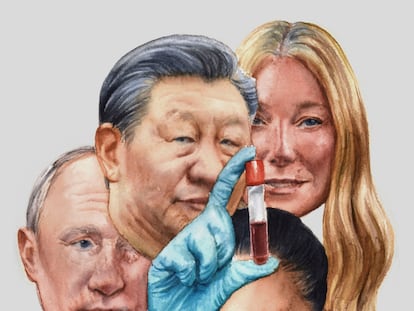
Once thought to be a balance between genetic lottery and lifestyle, it is now seen as a race for privileges that allow for earlier diagnoses, halting processes and reversing damage. And all of this comes at a premium price

A study shows that delegating to a machine compliant with human requests increases unethical decisions. The authors believe that platform design must change to prevent it
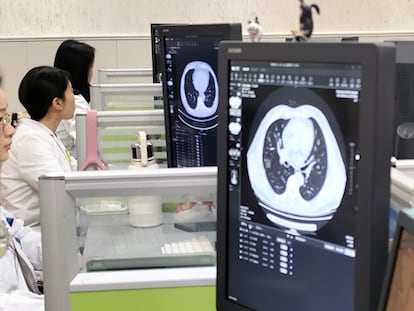
This technology could be used to promote timely lifestyle changes or to design health policies, but experts warn of its potential misuse by insurers or banks
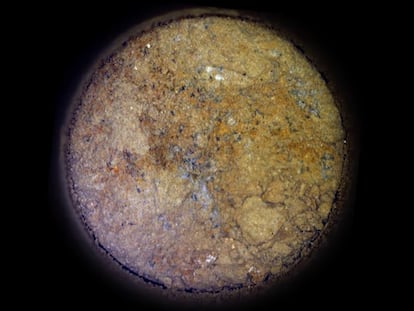
A study analyzes biosignatures in samples that would need to be brought back to Earth for confirmation, a mission Donald Trump wants to cancel
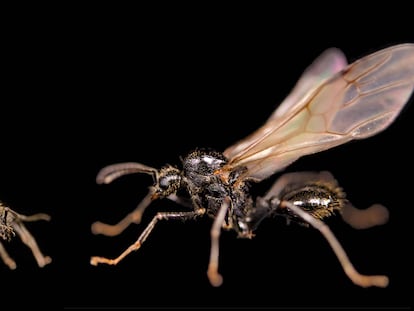
The discovery, published in ‘Nature,’ could force scientists to redefine what constitutes a species

Data from NASA’s Insight mission suggest that the red planet is much more similar to Earth than previously thought
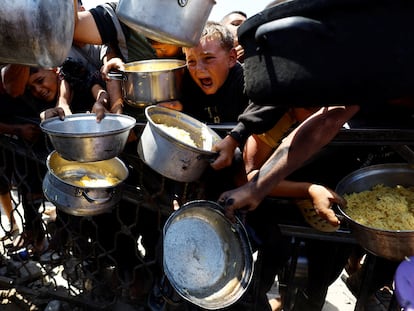
The lives of millions of children hang in the balance if they lose access to this compound. The UN and NGOs are seeking solutions to produce it locally and distribute the US stockpile
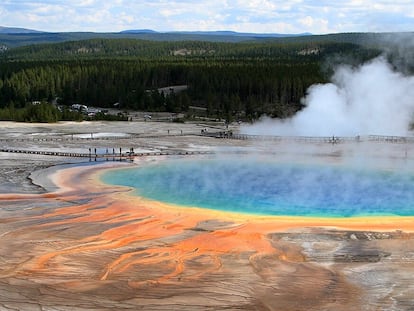
Six scientists demonstrate in their laboratory that a sulfur compound could have been key to the appearance of the first proteins on early Earth